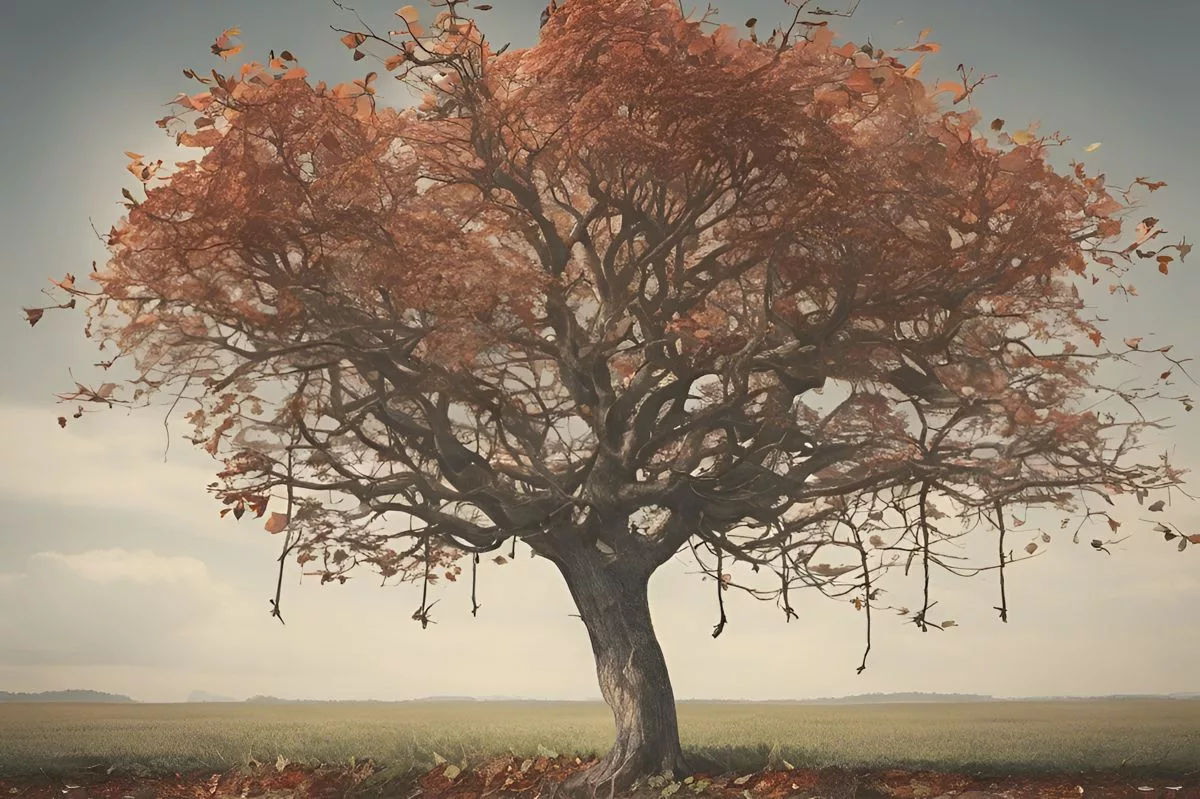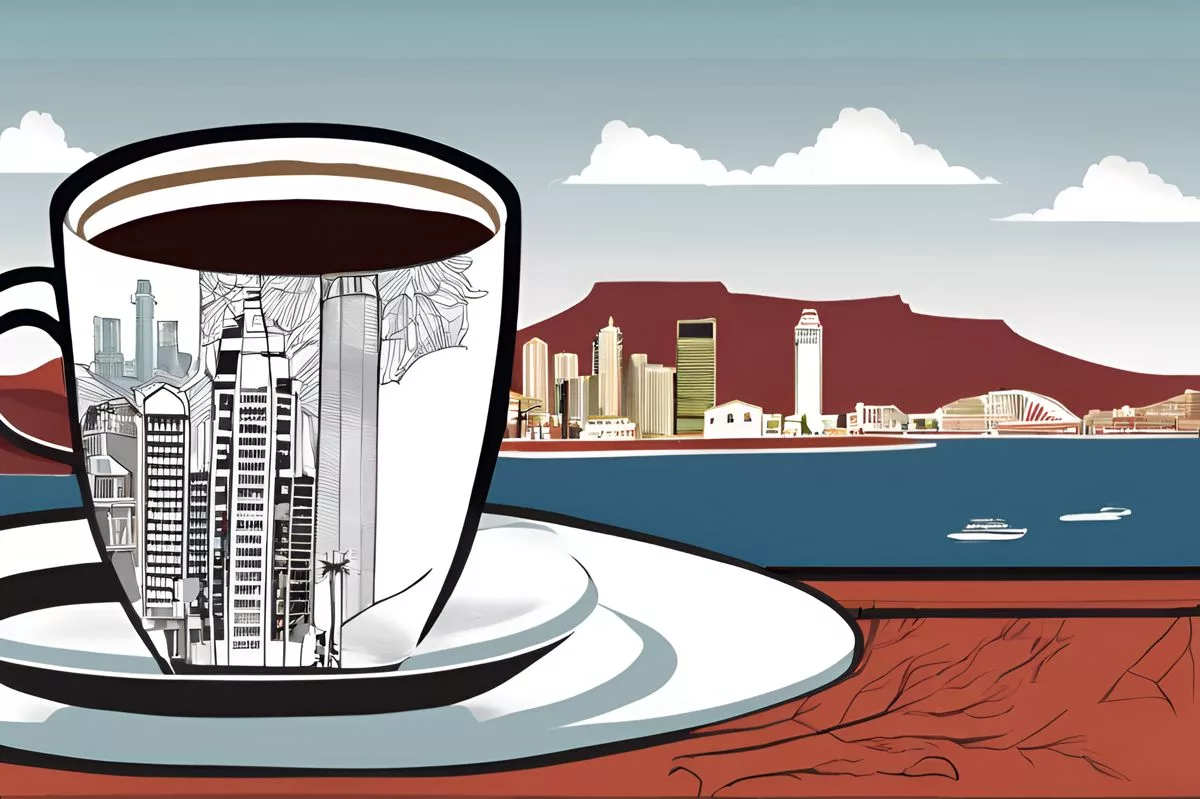Over 300 unidentified bodies, including 66 children, are currently held in state morgues in South Africa’s Western Cape. The identification process involves fingerprinting, DNA testing, or other scientific methodologies, with burial initiated after 30 days if no identification is possible. Unclaimed bodies are often from unnatural deaths due to financial barriers hindering families from organizing funerals, with violent deaths on the rise. Efforts to tackle the issue include a violence prevention unit adopting an area-based team strategy.
What is the crisis of unidentified bodies in South Africa’s Western Cape?
Over 300 unidentified bodies are currently held in state morgues in South Africa’s Western Cape, including 66 children. The identification process involves fingerprinting, DNA testing, or other scientific methodologies, with burial initiated after 30 days if no identification is possible. Unclaimed bodies are often from unnatural deaths due to financial barriers hindering families from organizing funerals, with violent deaths on the rise. Efforts to tackle the issue include a violence prevention unit adopting an area-based team strategy.
The Unsettling Crisis
South Africa’s Western Cape Health and Wellness Department (WCHD) confronts a disheartening scenario. Department spokesman Byron Le Hoe discloses a chilling statistic: over 300 unidentified bodies are currently in the custody of state morgues, including 66 children, with the majority being male. This group incorporates minors admitted within the last few months of the 2023/24 budget year, remaining nameless. This distressing fact underscores a profound societal problem with the inability to identify and claim corpses, prompting Le Hoe to express his worry.
The Identification Process
The task of identifying the deceased is a joint venture, shared by the South African Police Service (SAPS) and the WCHD’s Forensic Pathology Service (FPS). The SAPS shoulders the primary duty of identification, with the FPS stepping in to initiate the identification procedure if no claim has been made for the body within seven days of the death. Le Hoe describes the procedure as typically involving fingerprinting, DNA testing, or other scientific methodologies.
The tale takes a more heartbreaking turn when Le Hoe details what happens when all identification attempts have been depleted without success. In such cases, the local authority in the area where the death occurred begins the burial process after 30 days. Nevertheless, despite the rigorous efforts, bodies can stay unidentified and unclaimed. This highlights a deeply ingrained societal problem, causing a person’s existence post-death to be unnoticed due to inadequate identification systems and lack of family engagement.
The Issue of Unclaimed Bodies
Sergeant Wesley Twigg, Western Cape police spokesperson, provides further insight into the identification procedure. He states that a deceased individual is labelled as ‘unknown’ or ‘unidentified’ when their family cannot be traced, and DNA samples fail to be linked to any relatives. In such situations, ‘identikits’ are constructed, appealing to the public to assist in finding the family.
Dr. Saadiq Kariem, WCHD’s Chief of Operations, adds to the narrative by showing concern and urgency. He observes that the majority of unclaimed bodies result from unnatural deaths. These bodies frequently stay unidentified due to financial barriers that hinder families from organising funerals, resulting in the deceased being buried as paupers.
The Escalating Violence and its Victims
The WCHD has flagged an increase in violent deaths, particularly among young males, indicating a rise in societal violence. This concern is verified by data from emergency centres, which show considerable surges in violent injuries, particularly over weekends. The department has stressed the strain on resources required for storage and the painful lack of closure for families.
Kariem draws attention to the heartbreaking reality that 66 of the deceased are children. These children, often trapped in the conflict between rival gangs, are the innocent victims of violence. Their deaths are ‘incredibly distressing and tragic’, Kariem mourns, highlighting the vulnerability of these young lives.
Measures to Combat Violence
Despite the bleak situation, steps are being taken to battle endemic violence. The Western Cape government and the City of Cape Town have jointly embarked on a mission to tackle the issue. They have recently instituted a violence prevention unit that will adopt an area-based team strategy. Kariem outlines that this strategy will collate the efforts of the entire government and society to combat the violence that is currently troubling their communities.
In this endeavour, every relevant government department is contributing to initiatives that concentrate on three critical elements: enhancing the effectiveness and coordination of law enforcement, strengthening societal protection against violence, and improving safety infrastructure in public spaces. While the challenges are substantial, these efforts mark a crucial stride in confronting the crisis, demonstrating a community’s resilience in the face of adversity, and the determination to safeguard and nurture its most vulnerable members.
Lessons from the Crisis
The prevalent issue of unidentified bodies within the WCHD serves as a bleak reminder of the intricate and tragic scenarios unfolding when societal violence, identification problems, and resource limitations intersect. Thus, it emphasises the pressing need for comprehensive, multi-faceted solutions that tackle the root causes of these problems. It is a sobering tale, but one that hopefully concludes with significant change and resolution.
How are unidentified bodies identified in South Africa’s Western Cape?
The identification process involves fingerprinting, DNA testing, or other scientific methodologies, with burial initiated after 30 days if no identification is possible. The task of identifying the deceased is a joint venture, shared by the South African Police Service (SAPS) and the Western Cape Health and Wellness Department’s Forensic Pathology Service (FPS).
Why are bodies often left unclaimed?
Unclaimed bodies are often from unnatural deaths due to financial barriers hindering families from organizing funerals, with violent deaths on the rise. Families may also be unaware of the death of their loved one due to inadequate identification systems and lack of family engagement.
How are unclaimed bodies dealt with?
If no claim has been made for the body within seven days of the death, the local authority in the area where the death occurred begins the burial process after 30 days.
What is causing the rise in violent deaths?
The Western Cape Health and Wellness Department (WCHD) has flagged an increase in violent deaths, particularly among young males, indicating a rise in societal violence. This concern is verified by data from emergency centres, which show considerable surges in violent injuries, particularly over weekends.
What is being done to combat violence in South Africa’s Western Cape?
The Western Cape government and the City of Cape Town have jointly embarked on a mission to tackle the issue. They have recently instituted a violence prevention unit that will adopt an area-based team strategy. This strategy will collate the efforts of the entire government and society to combat the violence that is currently troubling their communities.
What can we learn from the crisis of unidentified bodies?
The prevalent issue of unidentified bodies within the WCHD serves as a bleak reminder of the intricate and tragic scenarios unfolding when societal violence, identification problems, and resource limitations intersect. Thus, it emphasises the pressing need for comprehensive, multi-faceted solutions that tackle the root causes of these problems.








